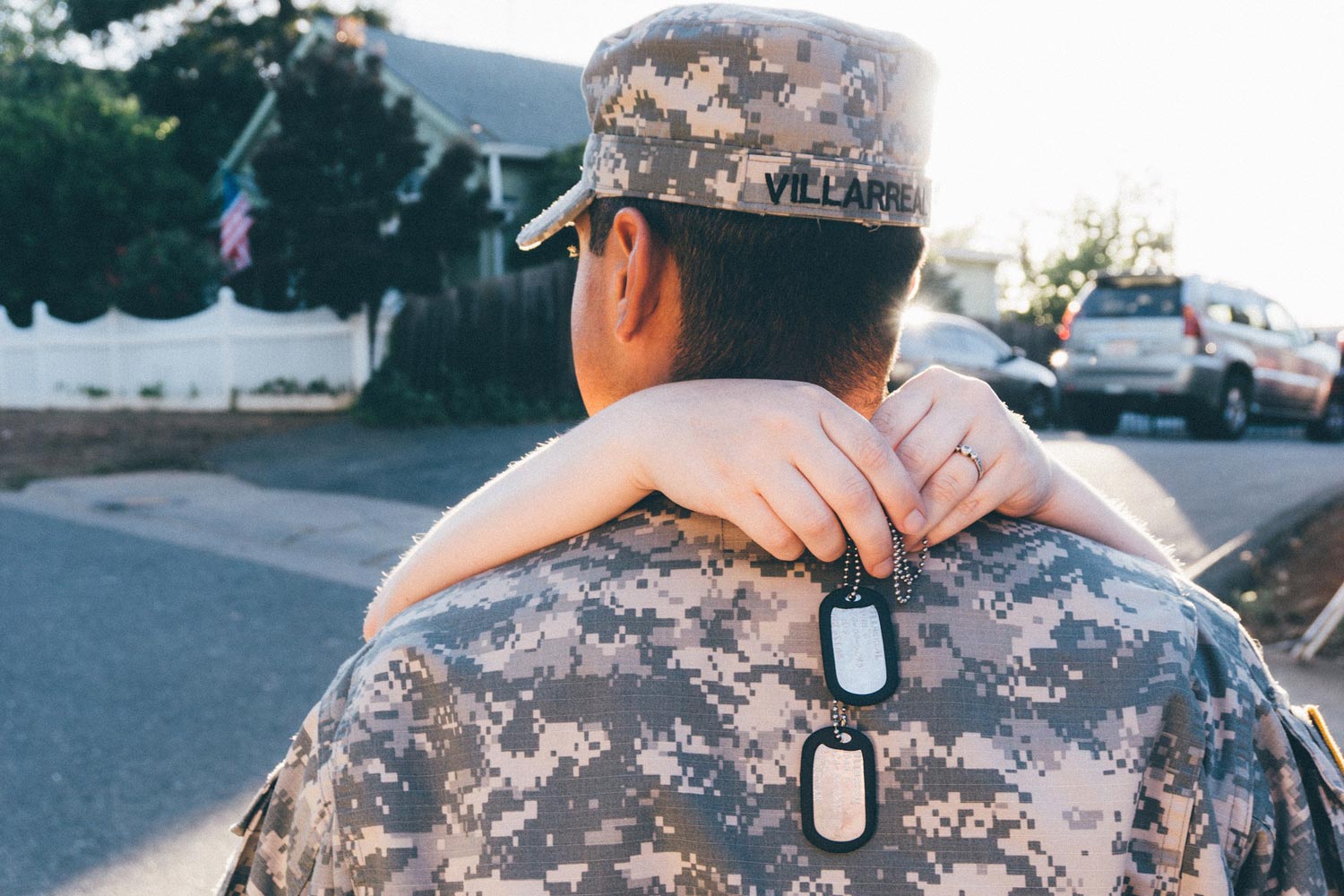Military families are a resilient group who endure hardships which remain unknown to many. Being part of a military family comes with a certain set of challenges that include adjusting to periods of separation from family due to deployment or relocation, concern for your loved one that is deployed, and the stress of serving as a primary caregiver when your partner is deployed.
It can be challenging at times to maintain your mental health and manage stress with so many changes. However, when the at-home caregiver has a stronger sense of mental health, children will also have a stronger ability to cope with a deployed parent or loved one.
Military One Source provides 10 tips for effective stress management. They include:
- Keep up a routine of regular meals, sleep, and exercise.
- Drink plenty of water, eat nutritious meals, exercise, and get enough sleep.
- Give yourself a break and rest after stressful events.
- Download the free Chill Drills app. This collection of audio mindfulness exercises was developed for the military community in mind.
- Talk to others who’ve been there. You’ll see you’re not alone.
- Work to build trust at home and within your community.
- Have a laugh. Humor can be a powerful stress reliever and keep things in perspective.
- Address your spiritual needs.
- Ask for help with problems when they arise.
- Try to see problems as challenges instead of obstacles. Take small steps to work toward resolution.
Regardless of you or your loved one’s situation, there are resources out there to help. Valley Oaks provides group therapy and individual counseling. We also offer many types of services for children and adolescents, including individual, family, and group therapy, case management, skills training, as well as psychiatric and psychological evaluations. We are committed to the importance of mental health and are here to serve as an outlet and resource for you as you navigate and adjust to this shift.






